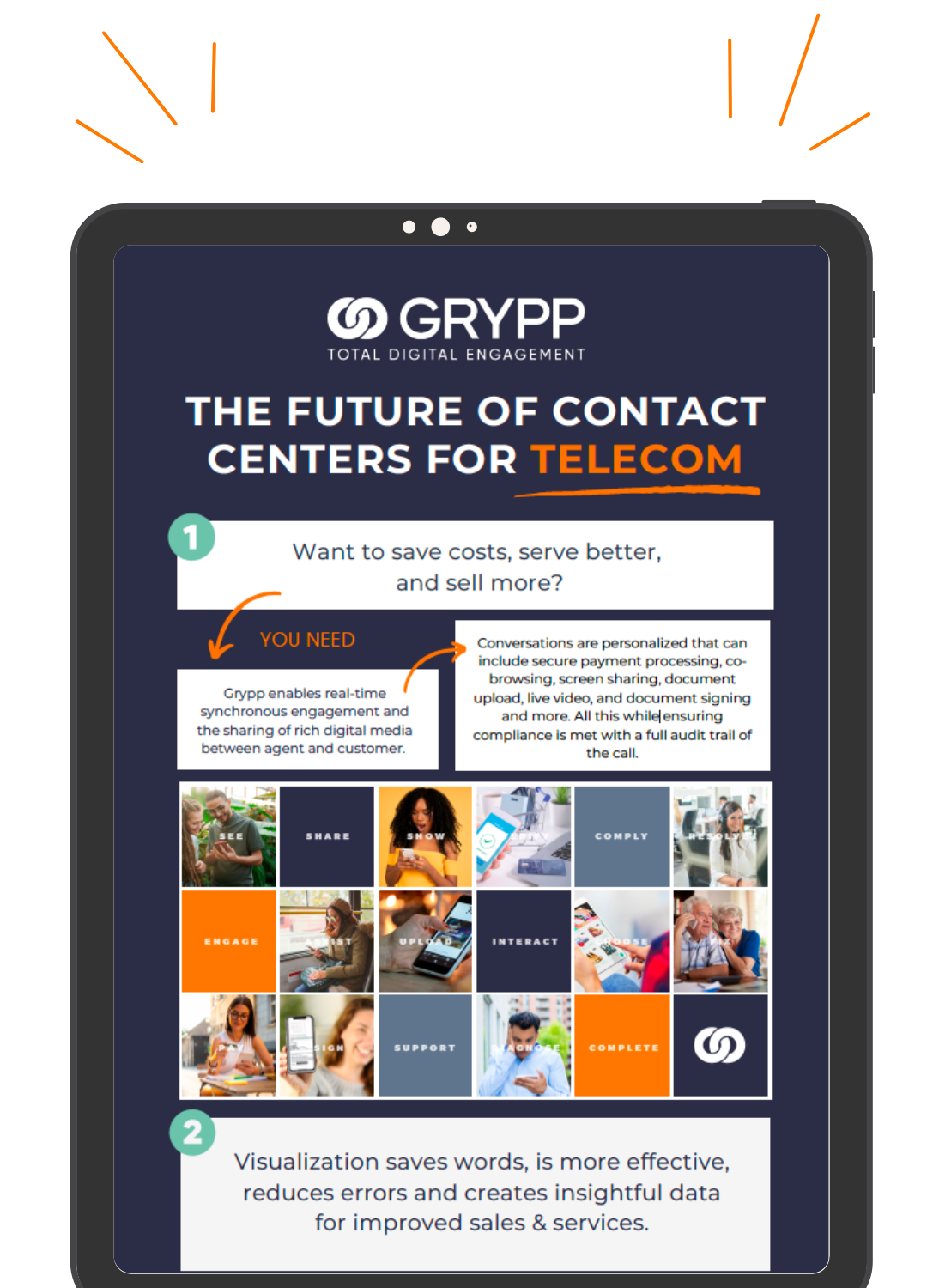The telecommunications industry has witnessed significant transformations over the past decade. Gone are the days of monopolies, as the sector has become increasingly competitive, with customers demanding more than ever before. Recent events, such as the Vodafone layoff, shed light on the challenges faced by global telecom companies and emphasize the crucial role of customer experience and service delivery in this evolving landscape.
Customer Expectations and the Demanding Market
In today’s digital era, customers have become more empowered and discerning. They no longer settle for subpar experiences or mediocre services. With numerous options available, customers have the freedom to switch providers if their expectations are not met. This heightened level of customer expectations has put immense pressure on telecom companies to focus on enhancing customer experience, as it has a direct impact on customer retention and loyalty.
The Downfall of Monopolies and Evolving Industry Dynamics:
Historically, these large telecom companies enjoyed a certain level of monopolistic control. However, this scenario has changed drastically, with the sector becoming more open and competitive. McKinsey’s findings reveal that global telecoms companies have struggled to deliver returns to shareholders comparable to their counterparts in the United States. This trend highlights the need for telecom companies to adapt and improve their performance in order to remain competitive.
Telco’s Struggles and the Link to Customer Experience:
Vodafone, a prominent player in the telecom industry, recently faced challenges in terms of its performance relative to peers. The company’s CEO, Della Valle, acknowledged that their performance had worsened over time, particularly in comparison to major competitors in their largest markets. This admission is a testament to the pivotal connection between customer experience and overall business performance. It signifies that the key to success lies in delivering exceptional experiences that meet and exceed customer expectations.
The Impact on Shareholders and Investor Confidence:
Vodafone’s declining performance has not only affected its reputation but has also resulted in a significant decline in its shares, with a 28% decrease over the past year. This decline highlights the importance of a customer-centric approach in safeguarding shareholder value. A focus on customer experience ensures long-term sustainability, fosters customer loyalty, and ultimately contributes to the financial success of the organization.
The Way Forward: Prioritizing Customer Experience:
In this dynamic and highly competitive industry, telecom companies must prioritize customer experience as a core business strategy. By adopting a customer-centric approach, these companies can differentiate themselves from competitors and create a loyal customer base. Investing in robust customer service, seamless interactions, personalized offerings, and innovative solutions can go a long way in meeting customer expectations and fostering customer satisfaction. The importance of customer experience in the telecom industry cannot be overstated. As customers become more discerning, telecom companies must prioritize their needs in order to remain competitive. Grypp, a customer-centric platform allows telco companies to spend less, serve better, and sell more.
- Visualize Products: One of the key features of Grypp is the ability to show handsets and plans side-by-side, improving the customer experience and conversion rates. By providing customers with a visual comparison, they can make informed decisions and select the best option for their needs.
- Accept T&C’s: By allowing agents to display T&C’s for customers to read and approve in real time, companies can mitigate compliance risks associated with agents reading T&C’s. This approach not only saves approximately 4 minutes per call but also provides an audit trail for future reference.
- Secure Payments: Grypp allows customers to make secure payments without having to disclose their card information, eliminating the potential security hazards associated with sharing credit card details with agents.
- Second Chance to Sell: For customers who are undecided, Grypp provides a “second chance to sell” feature, allowing them to access prior conversations and convert later. This provides a personalized experience for customers and increases the chances of conversion.
- Live Video Call: In the event of technical issues, Grypp offers live video calls to help diagnose and solve problems. This provides a convenient solution for customers, reducing the need for in-person visits and improving overall customer satisfaction.
- Visual Bill Query: Grypp facilitates the sharing of bills between customers and agents through interactive screen sharing, resulting in decreased friction and enhanced customer experience.
Conclusion:
As the telecom industry continues to evolve and become increasingly competitive, it is crucial for telco companies to prioritize customer experience and satisfaction. Grypp’s customer-centric platform provides valuable solutions that can help companies improve customer experience, spend less, serve better, and sell more. By utilizing these features, telecom companies can differentiate themselves from competitors, build customer loyalty, and ultimately drive financial success.


